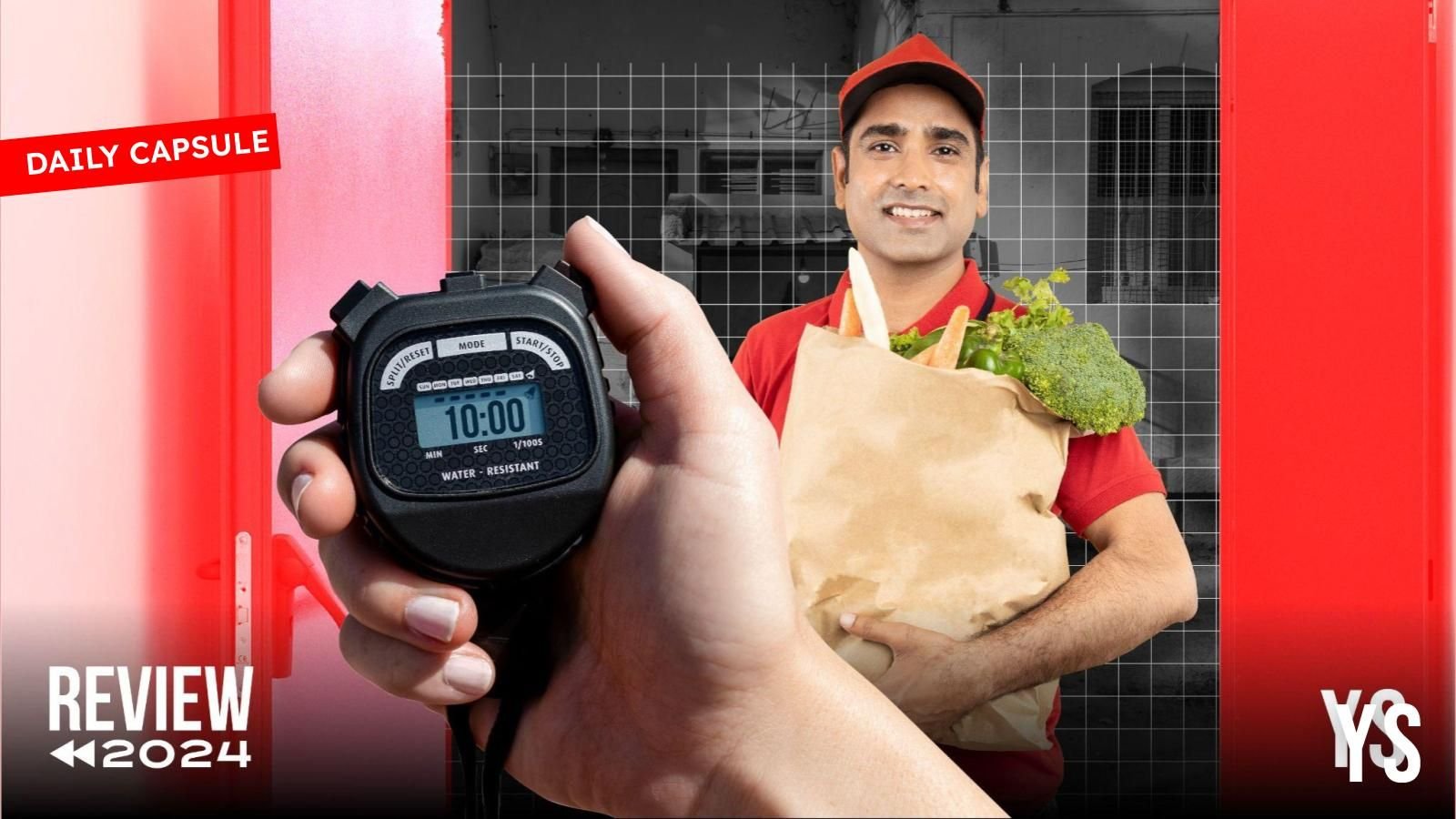[ad_1]
Hello,
Medical science is at a turning point, according to a recent article in Nature, as over 100 clinical trials of stem-cell therapies for several diseases, including cancer, Parkinson’s disease, and diabetes, are underway.
In fact, treatment for some of these conditions could be a part of general medicine in as little as five to ten years.
Considering that it has been only 26 years since pluripotent stem cells–which can become any kind of cells in the body and can, theoretically repair damaged tissue–were cultured in a lab, the progress has been remarkable.
Did you that John B. Gurdon and Shinya Yamanaka won Nobel Prize in Physiology or Medicine in 2012 for their groundbreaking work in stem cell research?
Speaking of scientific advancements, AI bots–even while they are hallucinating or in simpler words, making things up–are helping scientists get ideas and possibly, make new discoveries.
Oh and apparently, AI chatbots not only hallucinate but also procrastinate. In a rather hilarious saga published on Semafor, filmmaker Nenad Cicin-Sain talks about his experience in recruiting ChatGPT’s help in writing a screenplay. His attempts reportedly ended in frustration as the bot kept extending the deadlines!
It appears like bots are indeed turning into real writers!
Lastly, on a sombre note, it has been two decades since the Indian Ocean tsunami–one of the deadliest natural disasters in modern history. The event reshaped disaster management around the world.
Gone but not forgotten.
In today’s newsletter, we will talk about
- Quick commerce: The fast and the furious
- Creating reliable AI agents
- Building a home gym
Here’s your trivia for today: What state in the US serves as the primary setting for many of Stephen King’s novels?
Ecommerce
Quick commerce: The fast and the furious

In 2024, the spotlight was on quick commerce. The wind was behind its sails as the sector saw rapid growth propelled by widespread consumer adoption in metros and capital flooding to support innovation as investors found a new gold rush.
The exponential growth in the sector has attracted newer ventures, and at the same time, brought in scrutiny and competition checks.
Key takeaways:
- Zepto, Blinkit, and Swiggy Instamart are dictating the terms of growth in the sector.
- Zepto, which is eyeing an IPO in 2025, plans to double down on food delivery with a renewed focus on expanding Zepto Cafe, adding more categories, and tapping on monetisation to improve unit economics.
- Categories like gourmet foods, premium beverages, and small electronics are expected to see growth as platforms refine their delivery capabilities, explains Ninad Karpe, Founder and Partner of 100X.VC.
Startup
Creating reliable AI agents

Composio, which was featured in Yourstory’s Tech30 2024 list, builds tools for developers. Its platform speeds up the process of building and connecting AI agents to external services, reducing development time from months to just days.
Faster, better:
- The San Francisco, California-based startup provides tools that enable developers to quickly create reliable AI agents that interact with external software, like CRM systems (e.g., Salesforce, HubSpot) and services like Gmail.
- Its platform has gained traction on GitHub, with over 12,000 developers building on its framework, including engineers from Fortune 500 companies like Meta Platforms, Salesforce and Cisco.
- Like many other AI applications, Composio operates on a hosted platform with a usage-based pricing model. Developers and large enterprises can sign up, create an account, and access Composio’s services using an API (Application Programming Interface) key.
Startup
Building a home gym

Hyderabad-based fitness and wellness startup Portl leverages AI to help users stay on track of their fitness goals. Earlier this month, the company launched Portl UltraGym—which it says, is an all-in-one portable training system designed to make strength training more accessible at home.
Get fit:
- The machine, priced at Rs 59,990, uses digital weights technology and provides the same effect as a professional grade gear, in a compact design of 2.4 square feet, according to Portl.
- UltraGym can also be integrated and used with Portl Studio, the company’s flagship smart mirror. The company sees its product entering the gyms and hotels as part of their premium service.
- From sourcing components and creating early prototypes to finalising hardware design and refining UI/UX and software platforms for seamless integration, Portl encountered various obstacles.
News & updates
- Falling sales: Toyota Motor’s global production decreased for a 10th straight month in November, the Japanese carmaker said on Wednesday, although its worldwide sales grew for the second consecutive month on solid demand in the United States and China.
- AI exclusion: Blind and partially sighted people are being excluded from the benefits of artificial intelligence tools and facing “a new level of discrimination”, the new president of the Royal Society for Blind Children has claimed as he called for better design of everything from video games to AI agents.
Which state in the US serves as the primary setting for many of Stephen King’s novels?
Answer: Maine.
We would love to hear from you! To let us know what you liked and disliked about our newsletter, please mail [email protected].
If you don’t already get this newsletter in your inbox, sign up here. For past editions of the YourStory Buzz, you can check our Daily Capsule page here.
[ad_2]
Source link





